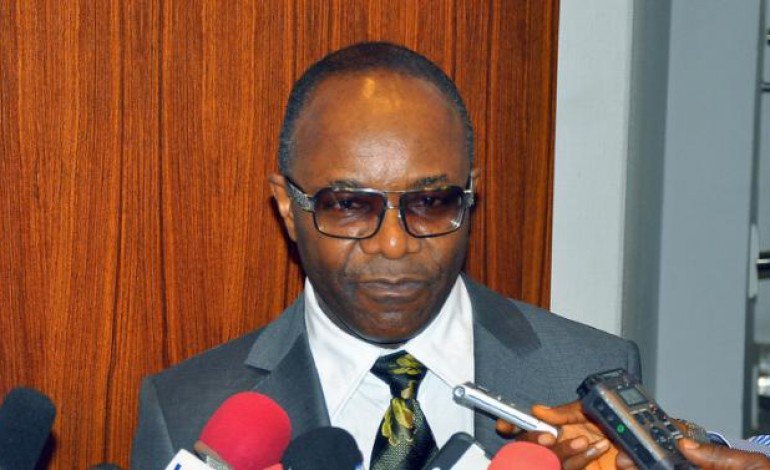Minister of State for Petroleum Resources, Dr Ibe Kachikwu has disclosed that the present N145 per litre petrol pump price has become unsustainable.
He hinted that the pump price may be jacked up to as much as N180 per litre.
Making a presentation before a joint committee on Petroleum (Downstream) of the National Assembly on Thursday, Kachikwu said the landing cost of the product was N171.
He added that the country has been shouldering the cost of N26 subsidy on each litre of petrol, being the difference between the landing cost and the current pump price.
He said that the subsidy was being paid by the Federal Government through the Nigerian National Petroleum Corporation (NNPC).
Furthermore, Kachikwu disclosed that independent marketers could no longer import petrol because of high cost of foreign exchange to do so.
He said the marketers could afford to import petrol and sell at N145/litre when exchange rate was N285/$ but this has become impossible at the current exchange rate. The current exchange rate is N365/$.
He said that within three months, the NNPC incurred a cumulative loss of N85.5 billion importing petrol and selling at the current retail price of N145 per litre.
Kachikwu explained that the current N145 per litre pump price was fixed in the first quarter of 2016 when crude oil was selling for $49, stressing that with crude price rising to $67 a barrel, the pump price is no longer sustainable.
He added that between 2016 and now, landing cost of the product increased from N133.26 to N171 while pump price remained fixed, which made the independent marketers stop importing petrol in October 2017.
He stressed that the NNPC had been the sole importer of petrol since the independent marketers backed out.
“We now have to go back and find solution to this problem to ease supply gaps and ensure availability of the product at all times,”Kachikwu said.
However, the minister proffered three alternatives to pump price increase.
These, he said, includes: one, getting the Central Bank of Nigeria (CBN) to introduce a modulated foreign exchange rate specifically for importers of the product; two, giving the marketers significant tax adjustments to enable them absorb the high cost; and, three, a plural pricing system whereby the NNPC would continue to sell at N145 through its numerous outlets while the marketers are allowed to fix their own price.
Kachikwu identified causes of the last fuel scarcity to include diversion of products, logistic constraints, bottleneck associated with clearance, bad road network, insufficient product reserves, smuggling through land borders, supply gaps and enforcement challenges.



Leave a Reply